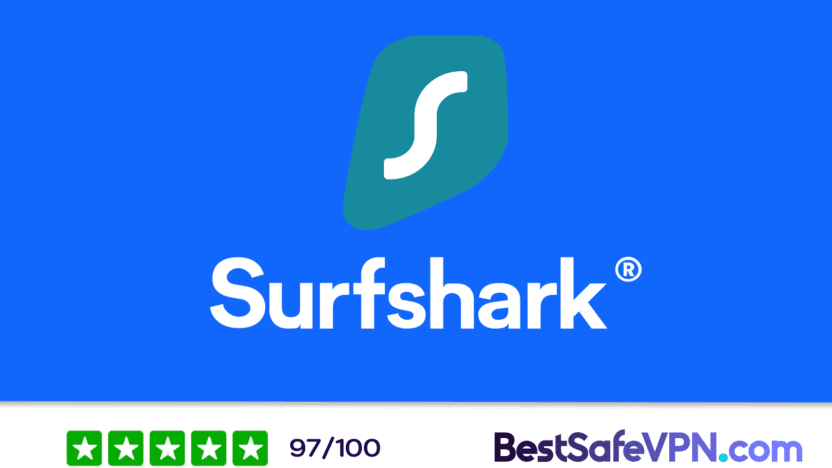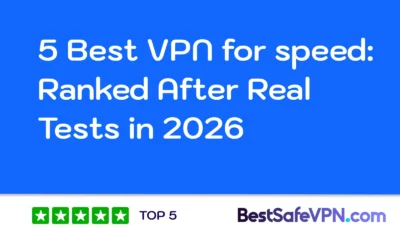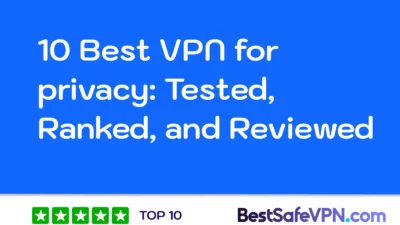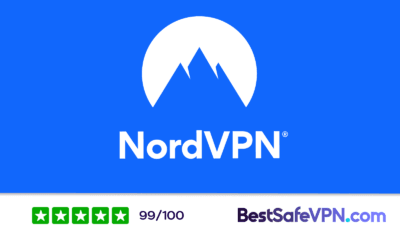We’ve been using Surfshark as our main VPN at work for a few years now. It gives us peace of mind when we’re working over public WiFi, dealing with client data, or testing geo-blocked sites. But what just came out honestly blew my mind – Surfshark has launched public DNS servers that anyone can use. And most importantly – for free.
This isn’t just another marketing stunt. It’s a small but very smart move that has a big impact on everyday internet use. And because I really enjoy researching this, I’ll break down why I think this DNS is something you shouldn’t ignore.
What DNS actually does (and why it’s not boring)
DNS – or Domain Name System – acts as a translator between web addresses and IP numbers. When you type in, say, news.com, DNS figures out exactly where the Internet should send you. Normally this is handled by your carrier’s DNS – but that means that every time you open a page, they keep a record.
This is where Surfshark comes into play.
Their new public DNS service doesn’t store any data, doesn’t track you, doesn’t sell anything to third parties. It simply brokers the connection and doesn’t disturb you further. No tracking, no ads, no background dirt.
Why I’m already using this DNS at home
Honestly – when I first set it up, I thought I wouldn’t know the difference. But I did. Sites load smoothly, no redirects anywhere, no popups from the operator. And most importantly – I have a good feeling that no one is writing down where I click.
Surfshark DNS addition:
- Works without a VPN client (no need to pay)
- Compatible with Windows, macOS, Android, iOS and routers
- Supports modern encrypted protocols such as TLS and HTTPS
- It does not slow down the connection – on the contrary, it runs quite briskly
From a technical point of view, it offers two addresses:
- IPv4:
194.169.169.169 - IPv6:
2a09:a707:169::
Just enter them manually in the network settings. No installation, no registration.
A setup you can do without technical school
You might be thinking that DNS sounds like something for IT people. But really? It’s a five-minute thing. On Windows you just click a few times in “Adapter Properties”, on a Mac it goes through Network, on Android it goes through Advanced Wi-Fi Settings. Routers handle DNS changes too – and once you set that up, you’re protecting your whole household at once.
In our office, it works so well that we turned off DNS from the provider completely. Finally, no one has the feeling that “someone is watching” them every time they open a new tab in their browser.
Surfshark DNS in real traffic: a test that really convinced me
Sure, it sounds nice on paper – but I was interested in the reality. So we did a little experiment at work: some of the computers went through the provider’s traditional DNS, some through Surfshark. The result?
- Sites loaded faster and more stable via Surfshark DNS
- No annoying redirects or strange DNS server responses
- And most importantly: no logs or leaks, which we verified via DNS leak test
On mobile, I noticed the change especially in the children’s apps – no ads, no tracking scripts. YouTube Kids runs cleaner, without those crazy AliExpress toy banners.
When is DNS better, and when is VPN better
Setting up your own DNS is definitely not a replacement for a VPN, but a great addition. And in some situations, a more convenient option. So what I recommend:
- For everyday surfing, email and casual browsing → Surfshark DNS
- To access content from other countries, IP masking or anonymous downloads → turn on a traditional VPN
Personally, I’m now running a combination of DNS set to fixed everywhere, and only running VPN when I need to resolve something from a foreign IP or connect to the company’s internal network.
Free DNS, but with added value
I like that Surfshark has kept it so simple. No paywalls, no hidden conditions, no tracking. Just a public service that makes sense. And without having to have an account with them. Exactly the type of added value I often miss with other VPN services.
It’s a bit like getting a Swiss Army knife from someone – you may not need it every day, but the moment it comes in handy, you’re glad you have it.
Conclusion: start with DNS privacy
If you’re annoyed that your carrier knows what sites you go to… or you just don’t want your DNS requests sold as data to other companies, this is the perfect way to do something about it – now and for free.
👉 Change your DNS to Surfshark and you will get:
- More privacy
- Less tracking
- And no compromises
I personally don’t want to use another DNS anymore. And if, like me, you’re used to tweaking things to suit yourself, you shouldn’t miss this.





